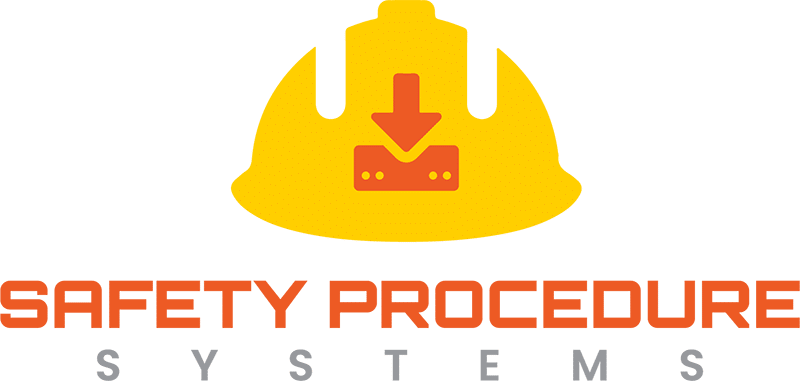In recent years, the conversation around corporate responsibility has expanded far beyond profit margins and shareholder returns. Companies are increasingly being evaluated not just for their financial performance but also for their impact on the environment, society, and governance structures. This holistic evaluation is encapsulated within the Environmental, Social, and Governance (ESG) framework, which has become a guiding principle for responsible and sustainable business practices.
What is ESG?
ESG refers to the three central factors used to measure the sustainability and societal impact of an investment in a company or business. These factors encompass:
Environmental: This dimension assesses a company’s impact on the environment. It includes considerations such as carbon footprint, resource usage, waste management, and efforts towards sustainability.
Social: The social aspect evaluates a company’s relationships with its employees, suppliers, customers, and the communities in which it operates. Topics like diversity, labor practices, human rights, and community engagement fall under this category.
Governance: Governance looks at a company’s leadership, internal controls, and structures that guide its operations. This includes issues such as board diversity, executive compensation, shareholder rights, and adherence to ethical business practices.

Importance of ESG Documentation Requirements
Incorporating ESG principles into business operations isn’t just about a company’s reputation; it’s increasingly becoming a fundamental aspect of risk management and long-term resilience. Robust ESG documentation requirements play a pivotal role in several ways:
Transparency and Accountability: Detailed documentation showcases a company’s commitment to transparency and accountability. It allows stakeholders, including investors, customers, employees, and regulatory bodies, to assess a company’s ESG performance accurately.
Risk Mitigation: By identifying and documenting potential ESG risks, companies can proactively address and mitigate these risks. This can range from minimizing environmental impact to fostering inclusive workplaces, ultimately reducing reputational and financial risks.
Strategic Decision-Making: ESG documentation facilitates informed decision-making. It provides valuable insights into where improvements are needed and aids in setting strategic goals aligned with sustainability and societal impact.
Investor Confidence and Access to Capital: Investors are increasingly factoring in ESG performance when making investment decisions. Well-documented ESG practices can attract a broader pool of socially responsible investors and enhance a company’s access to capital.

Key ESG Documentation Requirements
To effectively showcase commitment to ESG principles, companies should consider documenting the following:
- Environmental, Social, and Governance Program
- Diversity, Equality, and Inclusion Policy
- Corporate Social Responsibility Program
- Code of Conduct and Ethics Policy
- Anti-Modern Slavery and Anti-Human Trafficking Program
- Anti-Harassment and Anti-Discrimination Program
- Anti-Corruption and Anti-Bribery Program
- Human Rights Policy
- Whistleblower Policy
- Worker Welfare Program
- Workforce Diversity Program
- Workplace Violence Prevention Program
In a world increasingly conscious of its environmental and societal impact, ESG considerations are no longer optional for businesses—they are imperative. Robust ESG documentation not only demonstrates a commitment to responsible practices but also drives positive change, enhances resilience, and secures a company’s position in an ever-evolving market.
As companies continue to navigate this landscape, embracing comprehensive ESG documentation requirements will not only benefit their bottom line but also contribute to a more sustainable and equitable future for all.



